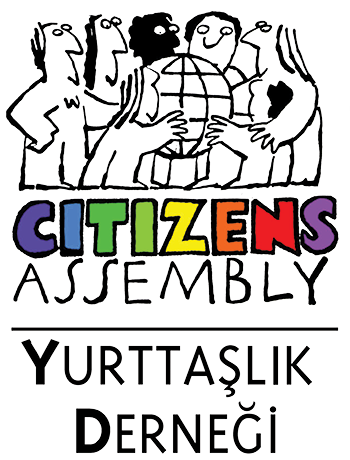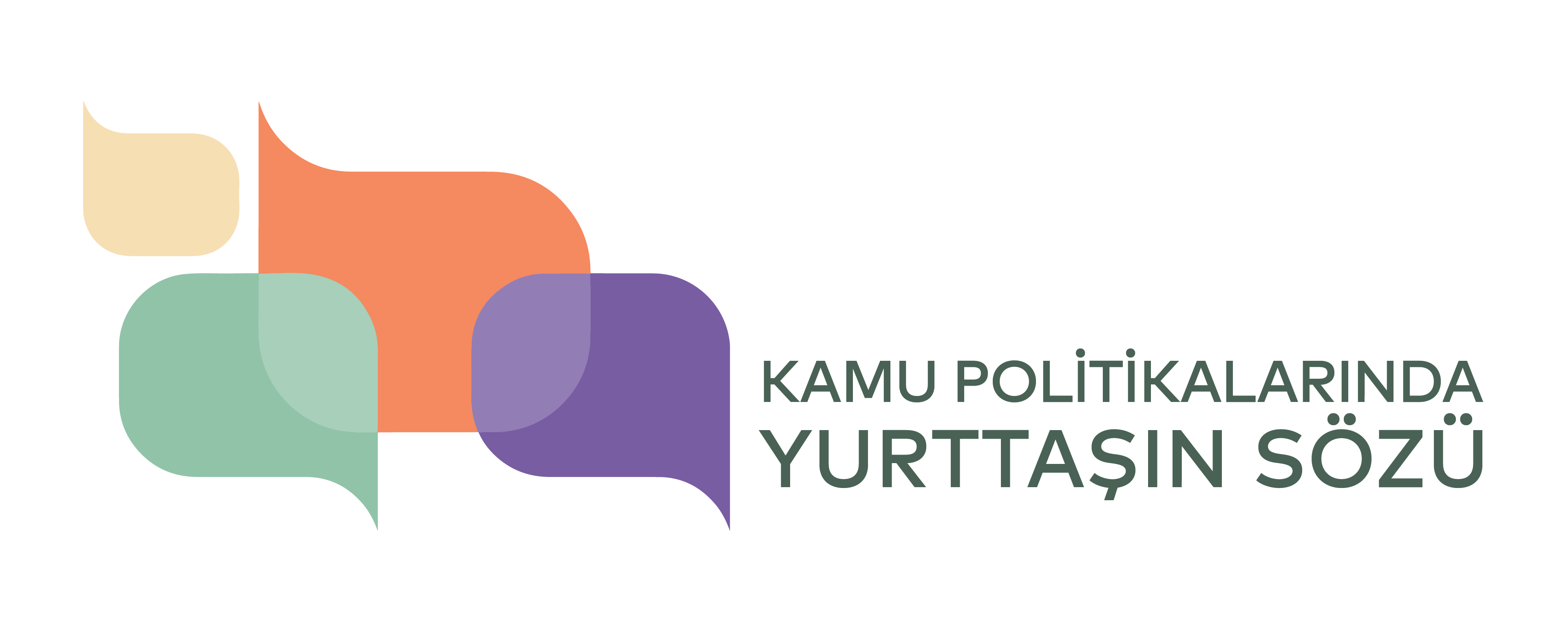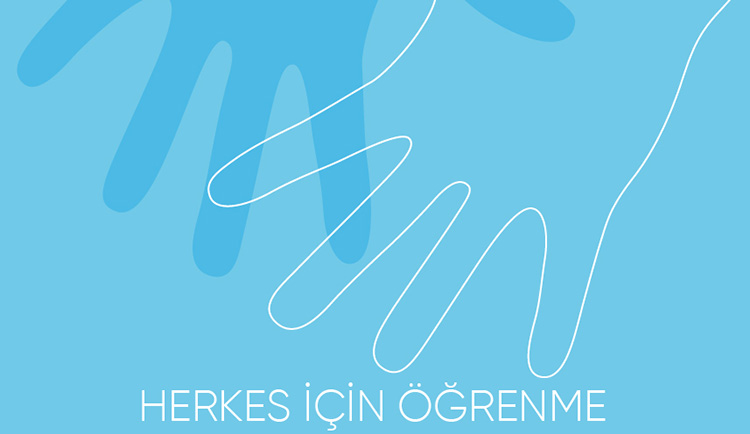Civil Society Workshop in Edirne: Food-Agricultural Policies and Intervention Strategies
As part of our “Citizens' Say on Local and Regional Public Policies” study, we held a Civil Society Workshop at the Edirne Municipality's New Wedding Hall (Old Electricity Factory) on Saturday, December 7, 2019.
The work we are conducting in general aims to support the participation of citizens in public policies and democratic management processes by creating specific strategies and advocacy methods to increase the effectiveness of non-governmental organizations. We address this general purpose in a thematic unity we have created around the issue of safe and accessible food.
Accordingly, in the workshop we held in Edirne; We discussed the agendas of citizen and civil society in the basin scale, the monitoring of public policies in the context of these agendas, and citizen participation in public policies, again in the context of safe and accessible food. In addition, as representatives of civil society, we have identified opportunities to influence public policies, identified possible collaborations and interlocutors, and developed ways of getting involved. Sub-topics that we focus on within the scope of safe and accessible food for Meriç-Ergene Basin are (i) youth in production and consumption processes, (ii) women's labor in production processes, and (iii) urban organization forms and participatory processes.
The workshop started with the presentation of "Youth and Agriculture-Food in Meriç-Ergene Basin" where Meriç-Ergene Basin researcher Atakan Büke discussed the scope and preliminary findings of the basin research. Büke stressed that by being moved away from the fields and the living areas, the people are being stripped from the opportunity of knowing and determining the food. According to the research carried out by Büke, small commodity producers dominate agricultural enterprises in the Thrace Region; citizens living in the region resist crises and shocks by diversifying non-agricultural income and changing their production patterns. Municipalities are seen as an opportunity where agricultural policies are not sufficient. Still, agricultural policies need to be reorganized to meet the need for farmer support.
According to the interviews of Büke with the citizens living in the Meriç Ergene Region, young people do not prefer to stay in the country even if this causes some other inequality. They prefer desk top jobs, express the words “Let him work with minimum wage in Çerkezköy but not in the foreigner’s field”. Although traditional production is seen as a potential to attract young people to the villages, the cooperative model is emphasized to protect the remaining residents and not to disappoint young people.
According to Büke, there are possible tools for the voice of young citizens in public and food-based public policies such as cooperatives, food collectives, producer markets, urban gardens, urban agriculture, alternative kitchens.
In the second part of the workshop, "Public Policies in terms of Accessible and Safe Food" were discussed. In the panel-form discussion part of this session, Murat Ozturk from Kırklareli University talked about agriculture and food in Turkey and the world, and Selma Değirmenci from the Kadıköy Cooperative talked about alternative economy networks in the food axis and food collectives.
According to Değirmenci, although the solution of the food crisis is seen as an increase in production, it has been previously experienced that prices do not decrease even if production increases. This is not a matter of production but a crisis caused by the profits of company domination. Thus, for the solution of the food crisis, the producers have to decide for themselves how much they will produce, that is, the issue of production and distribution. This is called food sovereignty. Food sovereignty describes a system in which people who cultivate the land, own their land, water and animal, as well as decide on the distribution mechanisms.
The best example of food sovereignty is the network described as an alternative economy. Alternative economy, a human-centered network, focuses on the principles of ecological sustainability of products and services, fair income distribution, self-management, and common income distribution. As an alternative network to the dominant capital accumulation process, it describes economies within the capitalist system, but to some extent not fully integrated into relations of production. Today, the most important line in the alternative economies, which has examples such as exchange economies, pirate economies and small production, is solidarity economies. Solidarity economies, which we can see it’s examples in alternative food collectives and new generation cooperatives, determine political principles and areas. For example, food initiatives in Istanbul support disadvantaged manufacturers such as small producers making ecological production, women, immigrants, etc.
In the afternoon sessions of the workshop, we talked about the agenda of citizens and civil society in the basin scale with the participants from various civil society organizations, we identified the demands of citizens and their interlocutors, identified the opportunities and methods and possible collaborations of civil society representatives to influence public policies, and completed the initial steps by creating a road map.





